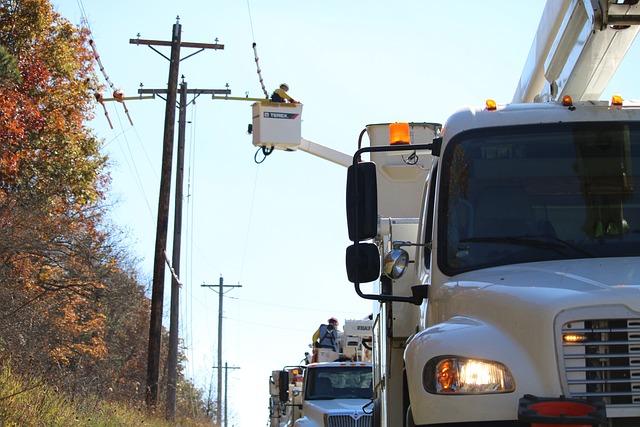The transportation industry is undergoing a significant transformation with the rise of electric trucks. As the world seeks to reduce greenhouse gas emissions and combat climate change, the freight industry, which heavily relies on fossil fuel-powered trucks, is a major target for electrification. Electric trucks offer a clean, efficient, and sustainable alternative to traditional diesel-powered vehicles, presenting numerous benefits for both the environment and the freight industry. In this article, we will explore the rise of electric trucks and how they are transforming the freight industry.
Environmental Benefits: Electric trucks offer significant environmental benefits compared to their diesel counterparts. They produce zero tailpipe emissions, reducing local air pollution and improving air quality in urban areas. By replacing diesel-powered trucks with electric ones, we can reduce greenhouse gas emissions and mitigate the impact of climate change. Electric trucks also contribute to noise reduction, creating quieter and more livable cities.
Cost Savings: While the upfront cost of electric trucks may be higher than diesel trucks, they offer significant long-term cost savings. Electric trucks have lower operating costs due to the lower cost of electricity compared to diesel fuel. Additionally, electric trucks have fewer moving parts and require less maintenance, resulting in reduced maintenance and repair expenses. Furthermore, as the production of electric truck batteries scales up, economies of scale will further drive down the cost of electric trucks.

Energy Efficiency: Electric trucks are more energy-efficient compared to diesel trucks. Electric drivetrains convert a higher percentage of energy from the battery to the wheels, resulting in greater efficiency and reduced energy waste. This increased energy efficiency translates to longer driving ranges, allowing electric trucks to travel significant distances on a single charge. Moreover, regenerative braking systems in electric trucks capture and convert energy back into the battery, further enhancing efficiency.
Technological Advancements: The rise of electric trucks has spurred significant technological advancements in the freight industry. Battery technology has improved, allowing for larger and more efficient battery packs that provide longer driving ranges. Charging infrastructure has also expanded, with the establishment of fast-charging networks that enable quick and convenient charging of electric trucks. Additionally, advancements in autonomous driving technology have the potential to revolutionize the freight industry, enabling electric trucks to operate autonomously and optimize routes and energy consumption.
Government Support and Incentives: Governments around the world are actively supporting the adoption of electric trucks through policy measures and incentives. They provide financial incentives such as grants, subsidies, and tax credits to lower the upfront costs of electric trucks and charging infrastructure. Governments also set ambitious emission reduction targets and implement regulations that encourage the adoption of electric trucks. These supportive policies play a crucial role in accelerating the transition to electric trucks in the freight industry.
Enhanced Business Reputation: Adopting electric trucks can enhance the reputation of freight companies as environmentally responsible and sustainable businesses. With increased public awareness and concern about climate change, customers are increasingly choosing companies that prioritize sustainable practices. By transitioning to electric trucks, freight companies can attract environmentally conscious customers and gain a competitive advantage in the market.
Infrastructure Development: The rise of electric trucks necessitates the development of a robust charging infrastructure network. Governments and private companies are investing in the expansion of charging stations, especially along major transportation routes and logistics hubs. Fast-charging technology allows for quick turnaround times, minimizing downtime for electric trucks and ensuring efficient operations.
Market Expansion and Job Creation: The transition to electric trucks opens up new market opportunities and stimulates job creation in the freight industry. Electric truck manufacturers and suppliers experience increased demand, leading to job growth in manufacturing, research and development, and supply chain management. Additionally, the establishment of charging infrastructure requires the expertise of electricians, construction workers, and maintenance technicians, creating additional employment opportunities.
In conclusion, the rise of electric trucks is transforming the
freight industry, offering environmental benefits, cost savings, energy efficiency, and technological advancements. With government support and incentives, the expansion of charging infrastructure, and the growing market demand for sustainable transportation solutions, electric trucks are poised to become the future of freight transportation. By embracing electric trucks, the freight industry can contribute significantly to the reduction of greenhouse gas emissions and build a more sustainable and efficient transportation system.

